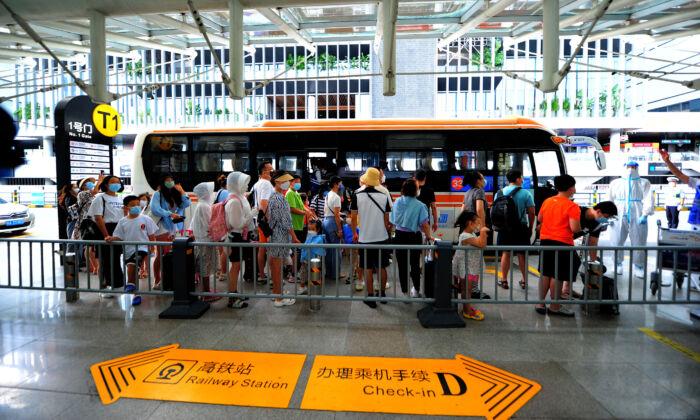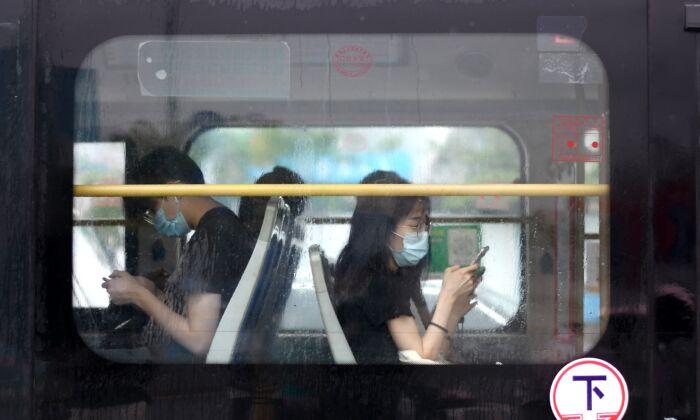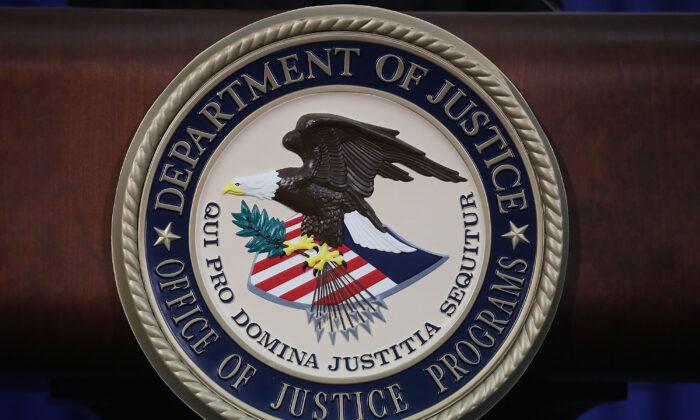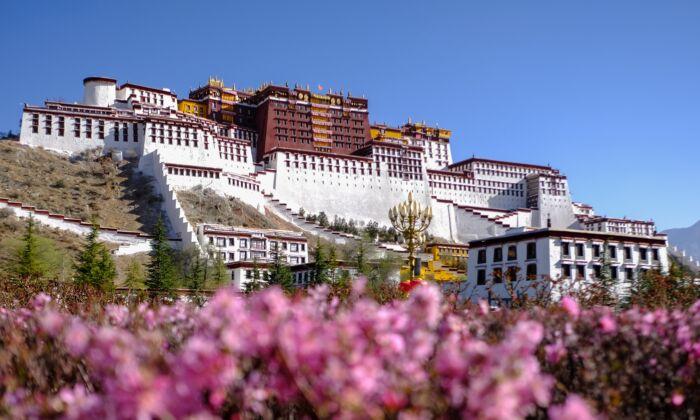China has launched new rules to tighten its grip on the internet literature industry, which has flourished during the pandemic.
China’s General Administration of Press and Publication recently
issued new rules to require writers to publish content using their real names, and for online publishing platforms to control the proportion of martial arts stories, romantic novels, webtoons, and other subjects based on authorities’ preferences. This would mean subjects deemed favorable to the regime would have more content, while literature with content that authorities disapprove of would be censored.
Publishing platforms would also manipulate their ranking lists according to the authorities’ wishes, and monitor comments and users’ interactions.
The General Administration mandated that all works be “politically correct, and in a healthy and positive tone.” The agency regulates and distributes news, print, and internet publications in China. It also grants publication licenses for newspapers, books, and so on.
The rule also ordered each publishing-related government organ to monitor online publishing platforms and evaluate each one.
455 Million Users
China’s Academy of Social Sciences, a state-run think tank and research institute,
released a report on the country’s online literature industry in February, stating that 455 million Chinese—or about half of China’s
904 million internet users—read online literature.
About 66 percent of readers are millennials born after 1990, according to the report.
It said there are 17.55 million writers who published 24.42 million pieces of online literature in 2019, and that more than 70 percent of new writers—those who published works for the first time in 2019—were born after 1995.
Complaints
After learning of the new regulations, many Chinese online literature writers complained on Weibo and other Chinese social media.“You [the regime] don’t deal with issues that need to be resolved, but tighten your control on us. Piracy happens frequently, and writers copy from each other. People in this industry don’t respect intellectual property rights nor others’ achievements at all,” writer Jiu Geer
wrote on Weibo on June 16.
A writer who goes by the pen name Hitomi
noted that online writers currently use their real names when signing contracts with publishing platforms. He didn’t see the need for using real names to publish their work.
Dozens of other writers complained about the new restrictions on an already constricted space for freedom of expression.
“What you [the authorities] want is to imprison people’s thinking,” Writer RRoyce
said.
Writer Yuajie said sarcastically: “I suggest you [authorities] cancel all philosophy and literature [in China]. Why do people write? Let’s get rid of words and even language!”
Fuda wrote on Weibo, “Do you mean that online literature writers can only write things that praise socialism in the future?”
Chinese state-run newspaper People’s Daily
reported in February that because the pandemic has forced many people to stay at home, most of them have begun reading online literature to pass the time.





